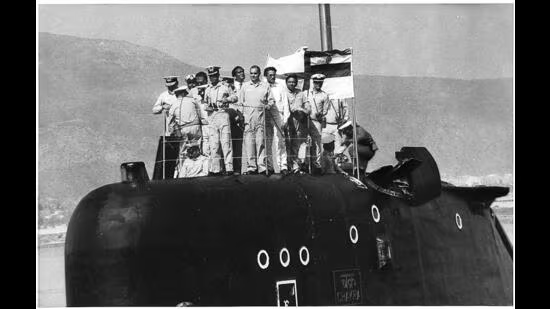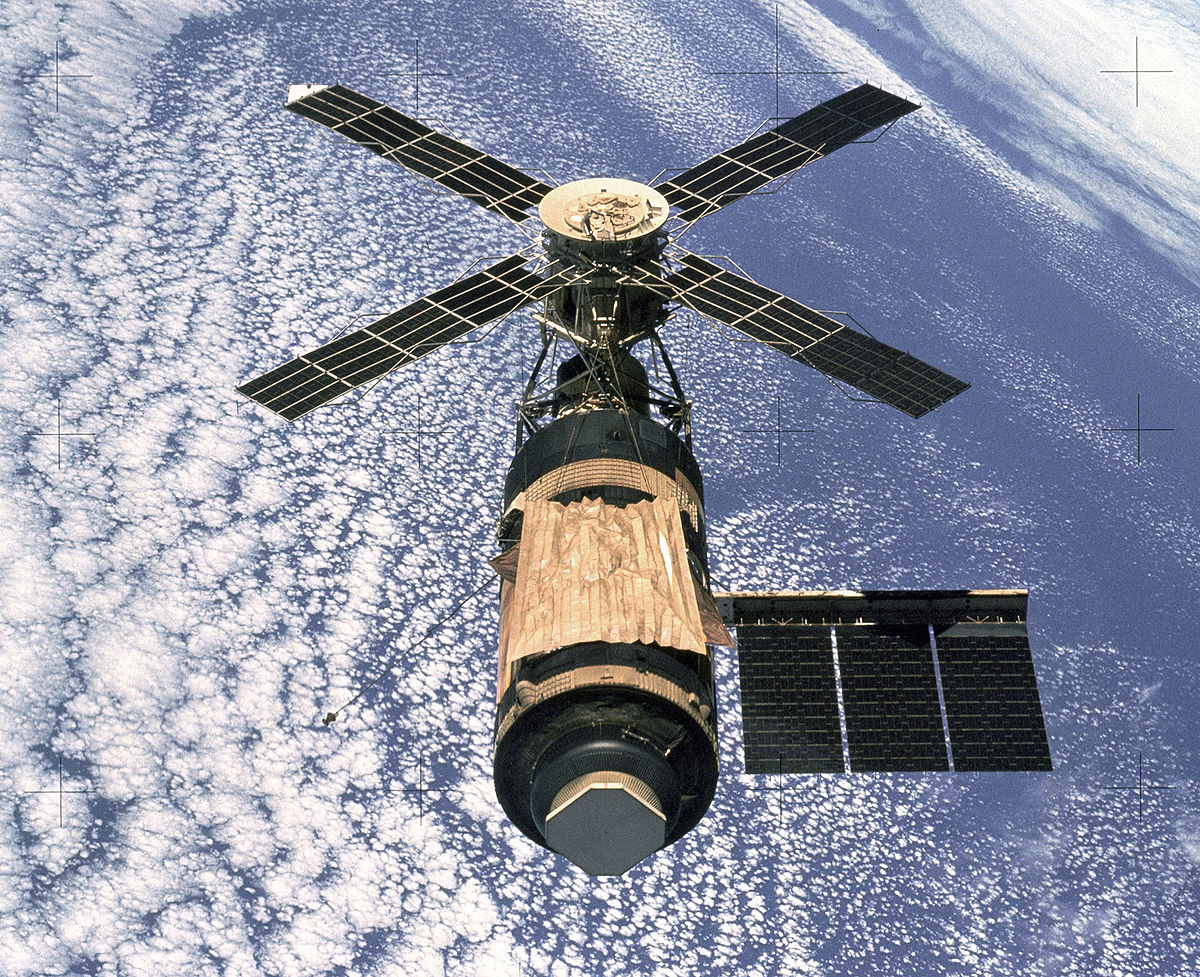The Future: India, AUKUS and the growth story of India (Part I)
India needs to have its SSN at the earliest and its cannot be shelling funding or diverting from those allocations that add to its economic growth, development and increasing the quality of its human resource.
While India has historically been known to carve its own path even during foreign rule or rule with foreign origin dynasties, India needs to move away from the set precedence. SSNs need to be inducted within the next 10 years and at the current pace and on the basis of the current development, having an Indian SSN would take India 22 years. Lets have a look at the current development and then discuss what changes we can suggest.
India needs to start basing in Somaliland and Comoros. This will allow Indian submarines the ability to dock and and replenish their supplies of food, ammunition, spares, and consumables far away from Indian mainland and allow more option for Indian military planners.
Further, India needs 3 decades of peace to enjoy a peace dividend of growing GDP figures. In the last of the three, even if the growth rate is low it would be on a much larger base and thus the net addition to economy each year would be pretty large. Thins does not imply that India become a Canada or a New Zealand. India needs to build up a large defence industry during this same period. This industry would not only add to the economy, provide jobs but be a real guarantor of security. No one dreams to mess with Zohan, they have to deal with Zohan when Zohan is thrust upon them. Further, Somaliland has the right geography and location that India could leverage to build a large transshipment port along with Economic zones. This could be India's Gibralter with sovereign base areas. For Somaliland this would offer a guarantor of sovereignty, economic growth in the areas adjoining the Indian economic zones, where Indian aid and investment could enable building Somaliland's economy and infrastructure like power generation. This could be accomplished though SMRs that NPCIL is building.
The bases in this newly designated territory could have elements from all services under a joint command like the one at ANC. It could have an aircraft handling facilities for the 4 services and maybe 5 in the coming years. Further the Naval dock could handle at least 20 ships and large carriers, ammunition ships and submarine tenders. It could have the capacity to dock at least 4 submarines at any time. But the submarines would need to be nuclear powered SSNs so that they can arrive unannounced and disappear at the earliest possible time or if needed stay hidden in submarine pens. But rather than wait for domestic builders to make a SSN, India should have two parallel plans:
1. Initiate domestic SSN production
2. Meanwhile obtain US/UK/French SSNs. They could be either old or new. This could supplement the regular SSN leases from Russia.
The navy in many ways is like an insurance you have to pay to build it up and drill the men long before trouble begins anywhere or long before you embark on any expedition. The only way for India is to build it now. Indian naval build up is in a goldilocks zone. The state owned shipyards are in good financial health with healthy order books. Even the Hindustan Shipyard in Visakhapatnam has left its bad days behind. The MOD might start offering the private shipyards some offers. Nut it needs to offer them orders like it has offered the Goa Shipyard to build frigates for delivery in 2026-27. Indian private shipyards need orders to survive so that come wartime they are there to repair and churn out more submarines and ships. India could thus join the AUKUS or a similar arrangement with the west to quickly gain access to SSNs and the technology to indigenously build such platforms.
Indian rulers and officials have always valued sovereignty, non-alignment during cold war era and freedom to maneuvre in the post-2000 era. This should not be allowed to come in the way of larger strategic goals.
India has already put in place a plan for domestic SSNs under Project 75A (75 Alpha). The aim here is to build 3 SSNs and then probably another 3. A good chunk of the work is being done by the private sector L&T using their facilities at Hazira. Now, given that India already has a program in place why pester for a AUKUS like deal with the US. Competition is the name of the game and every actor/player has to compete at some level or the other. But at times cooperation can yield greater dividends. And as PM of India, Shri Narendra Modi had said once, this isn't the era of war. Similarly being competitive in every sphere may not be wise. India should develop its own means but also look for cooperation. Cooperation in certain directions and certain fields would allow India the freedom to compete in other avenues with far greater presence, availability and energy.
A few not so important reasons are there and then there are some unmissable reasons. Firstly, access to American technology and ecosystem, even with their control regime, are unmatched in the world.
Change is eternal but the pace of that change is political.
And thus politics always triumphs other considerations. With a AUKUS like deal India would cement its political partnership with the west. We have a long way to go, we can't be competing within the kindergarten, we have to grow first, compete later. United States of America and its western allies are miles and leagues ahead of the rest. Most importantly their societies are in a different epoch when its comes to the economic society that they have. China might have got rich but it hasn't been able to replicate United States in any other field. It can fight and win battles but war as a social and political activity is much larger. If a weaker society wins over a larger and more advanced society it often ends becoming part of the conquered rather than being long term rulers. We need to understand this reality of life. And not see military build-up in narrow terms. India's naval build up should serve larger goals rather than just the mere skirmishes at Sea. Though the latter are important and India should win at those. But merely winning there won't be enough. The game is much bigger.
Keeping the bigger game in mind, India should cooperate and collaborate with the west and in the process be willing to be part of the west but not on their terms but on mutual terms. This can take almost 300 years. But by being a part of a world that is much ahead of us and better on many counts, we can all that while retaining some of our key identifiers. Such process can only be initiated in terms of great uphievals or great competition or cooperation. Unlike the medieval times where one party would get colonised, India is to big and too far for west to swallow. This creates a perfect opportunity for partnership and cooperation.
By being part of a partnership where the other side has to share its crown jewels and we have to part with some of our closely held beliefs, India can create the movement in the ongoing India-US thawing that began after 1998, where US deployed sanctions but soon accepted the Indian reality. Today, India should accept the American reality, that even if it is no longer the lone hegemon it has everything that one needs to assert power far and beyond. India on the other hand has had difficulty in putting its writ even on its territories that its neighbours occupy. India has also lost territory to ensure peace. With US India need not part with any, it has to accede to a western led order, which is unfathomable even today in Indian government or bureaucracy. But this is the reality of our world. Today west is on a weaker footing relative to where it was in 1996. India should thus use this Goldilocks phase where they are not invincible and India holds the promise of a rising global economy and a not so revisionist or expansionist power. The west would be happy to take on that offer with some reasonable doubts. The Indian government has been able to achieve some partnership like arrangement with the US in the form of 123 Agreement, forming a lose economic coalition in the form of QUAD, but more needs to be done and the next step could well be to have an AUKUS level arrangement.



Comments
Post a Comment